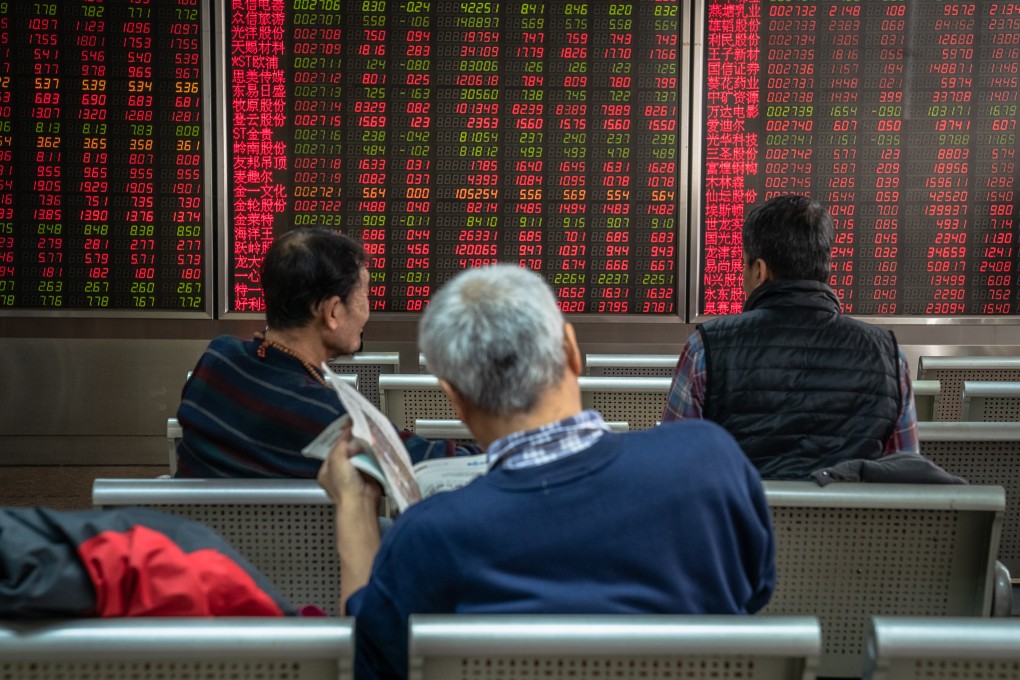Hong Kong stocks end higher on property gains; Hang Seng advances for third straight week
- Link Reit climbs 2.8 per cent after ‘buy’ rating from Daiwa Capital
- In China, benchmarks end lower as investors stay on sidelines amid economic concerns

Hong Kong stocks inched up Friday, with gains in selective local property stocks helping keep the index afloat. China benchmarks ended lower, as investors stayed on the sidelines amid uncertainties on China’s economic outlook.
The Hang Seng ended the week up less than 0.3 per cent at 27,811.35. Turnover of the main board was thin.
The CSI 300 of large cap stocks traded in Shanghai and Shenzhen slipped 0.2 per cent lower to close at 4,017.25, while the Shanghai Composite Index lost 0.4 per cent to 3,004.94.
Link Reit, Asia’s largest real estate investment trust, saw its shares climb 2.8 per cent to HK$81.10, after Daiwa Securities raised its rating to “buy” from “outperform”, with price target set at HK$97.6, implying a 20 per cent upside from Friday close.
The upgrade followed Asia’s biggest real estate investment trust saying Thursday that it had entered an agreement to buy a 10-storey grade A office building in Sydney for A$683 million (US$469.5 million) from US private equity firm Blackstone.
Other property stocks also gained, with Wharf REIC rising 2.8 per cent to HK$45.95, while China Overseas Land & Investment climbing 2.1 per cent to HK$29.6 and Hang Lung Properties advancing 1.9 per cent to HK$16.9.